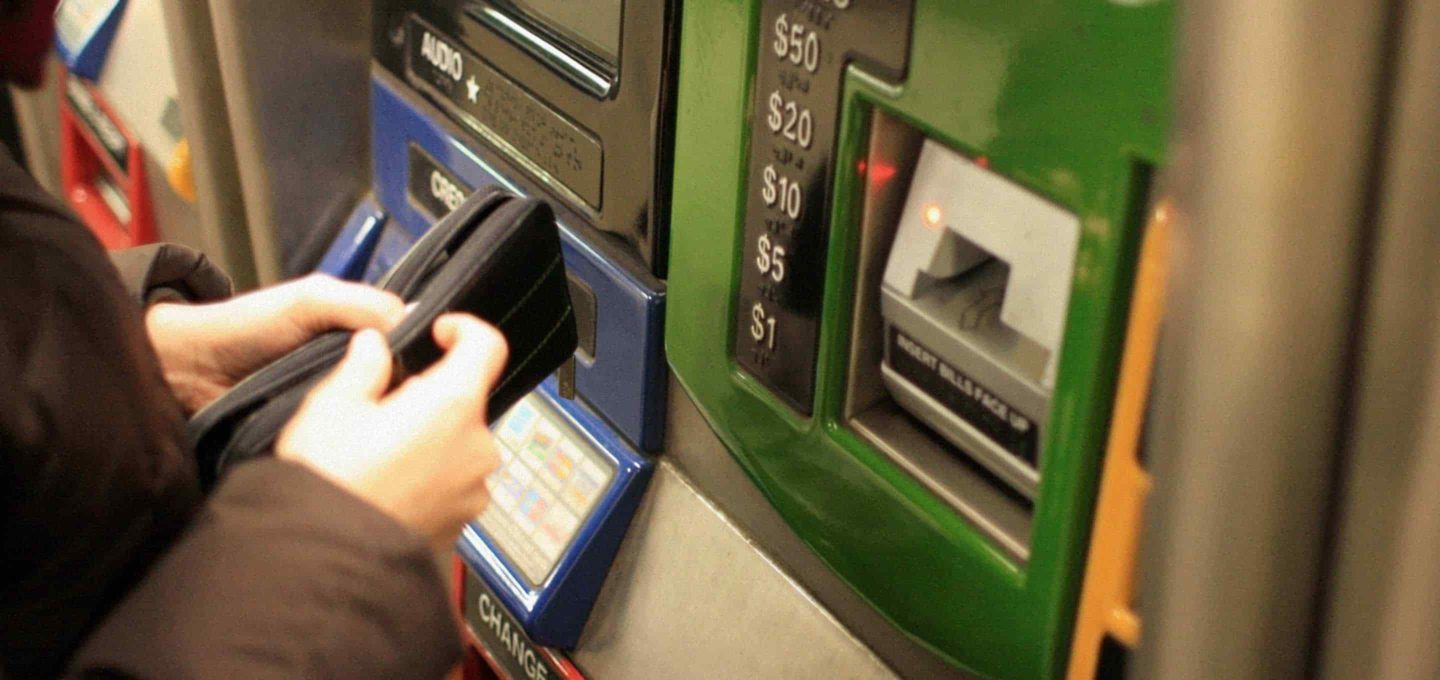The Higher Labour Court of Düsseldorf had to decide a case in which employees of a public transport company received free public transport tickets, at first on the basis of a general pledge, later based on a company practice. This entitlement also extended to the employees’ spouses. The employer only informed the works council of these pledges. Later, the employer and the works council concluded a working agreement on free public transport tickets, with legal effect from the turn of the year 2015/2016, due to necessary saving measures. Employees were still able to claim free public transportation tickets after that date, but to a lesser extent than before (e.g. fewer fare zones). Spouses and other family members were no longer entitled to receive free public transport tickets in the new working agreement. The plaintiff’s complaint alleged, among other things, that the plaintiff and his wife had claimed free public transport tickets for themselves on the basis of the more favourable regulations before the works agreement came into force. He was of the opinion that the working agreement could not replace the previous regulations and that it did not even refer to the practice of granting free tickets, or at least did not include the spouses, as they were not mentioned.
The Higher Labour Court of Düsseldorf dismissed the complaint. The common practice up to now has evidently been a matter of collective regulations rather than individual agreements. Without any other evidence, it cannot be assumed that the employer intends to commit himself permanently to this practice and without the possibility of adjustment. The facts state that the tariff system is constantly evolving, that it was not intended to block changes. The fact that the works council was at least aware of the pledges and changes made at the time, and also took part in job interviews during which the possibility of granting free public transport tickets was pointed out, also speaks in favour of an opening up to modifying working agreements. For the replacement of a collective agreement – whether it is a collective grant, a company practice or general terms and conditions, although irrelevant in this case – does not matter.
Moreover, it is clear from the working agreement that spouses will no longer be able to claim free public transport tickets in the future given that they are not named among the beneficiaries. At no time has there been a general pledge or company practice that referred exclusively to the spouses. Additionally, the working agreement was based on an intended and announced cost reduction, which argues against excluding the spouses from the cuts.
Recommendation for practice
The Higher Labour Court of Düsseldorf follows the path taken by the Federal Labour Court and regards collective pledges as open to working agreements. The Federal Labour Court has already positioned itself in this respect with regard to general pledges as well as general terms and conditions in employment contracts. This allows the employer to modify existing working agreements more easily, in the event that the works council agrees or a conciliation committee decides on behalf of the employer. If this is not possible, the only solution for the employer is a dismissal with the option of altered conditions of the employment contract for each individual employee.
The Higher Labour Court of Düsseldorf has approved the revision of the Federal Labour Court.










